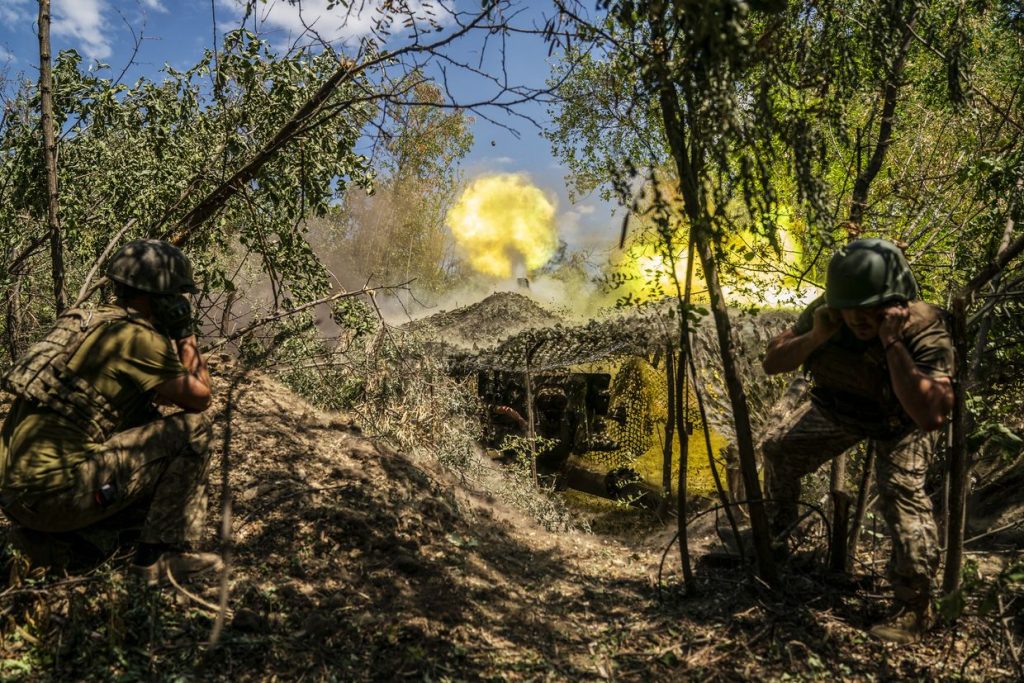The Kremlin has recently emphasized that President Vladimir Putin’s adjustments to Russia’s nuclear policy are intended as a message to Western nations. Putin announced that Russia could respond to a conventional attack in a targeted manner using nuclear weapons if necessary. The Kremlin made it clear that any involvement in attacks on Russia would carry serious repercussions, highlighting the importance of dialogue and diplomacy to prevent escalation of conflicts. This move reflects Russia’s stance on maintaining nuclear weapons as a deterrent against potential threats from Western nations.
Putin’s announcement comes amidst heightened tensions between Russia and Western countries, particularly the United States and NATO. The Kremlin’s messaging regarding its nuclear policy serves as a warning to Western nations not to underestimate Russia’s capabilities or intentions. By emphasizing the potential use of nuclear weapons in response to conventional attacks, Russia is sending a strong signal of its readiness to defend itself against any perceived threats. This stance is in line with Russia’s overall goal of maintaining its status as a major global power and ensuring its national security interests.
The adjustments to Russia’s nuclear policy also align with Putin’s efforts to assert Russian influence in international affairs and strengthen the country’s position on the global stage. By publicly declaring Russia’s readiness to use nuclear weapons in certain circumstances, Putin is sending a clear message to Western nations about the consequences of any aggressive actions against Russia. This move is likely intended to deter potential adversaries from taking any actions that could be perceived as hostile towards Russia, thereby enhancing the country’s strategic position and ensuring its security interests are protected.
The Kremlin’s emphasis on the importance of dialogue and diplomacy in resolving conflicts underscores Russia’s commitment to peaceful resolutions and de-escalation of tensions. While the threat of nuclear weapons is a significant aspect of Russia’s defense strategy, the ultimate goal is to prevent conflict and maintain stability in the region. By signaling its willingness to engage in dialogue with Western nations, Russia is demonstrating a desire to find diplomatic solutions to any potential disputes or conflicts that may arise. This approach reflects Russia’s efforts to balance its military capabilities with diplomatic initiatives in order to promote peace and security.
Overall, the recent adjustments to Russia’s nuclear policy reflect the country’s strategic posture in the face of escalating tensions with Western nations. By highlighting the potential use of nuclear weapons in response to conventional attacks, Russia is sending a clear message of deterrence to potential adversaries and reaffirming its commitment to national security. While the Kremlin’s messaging may be intended as a warning to Western nations, it also underscores the importance of dialogue and diplomacy in preventing conflicts and maintaining stability in the region. Ultimately, Russia’s nuclear policy adjustments are part of a larger strategy to assert its influence on the global stage and ensure its security interests are protected.


